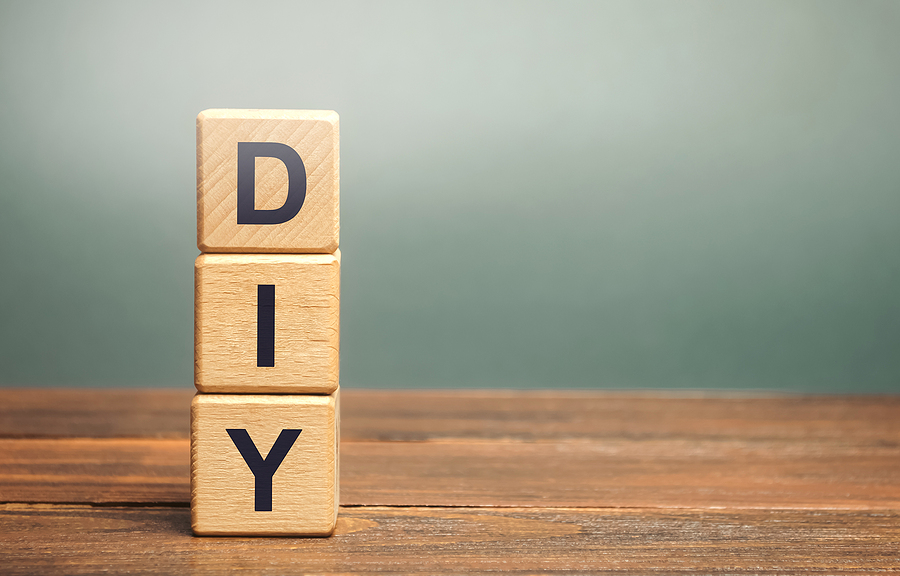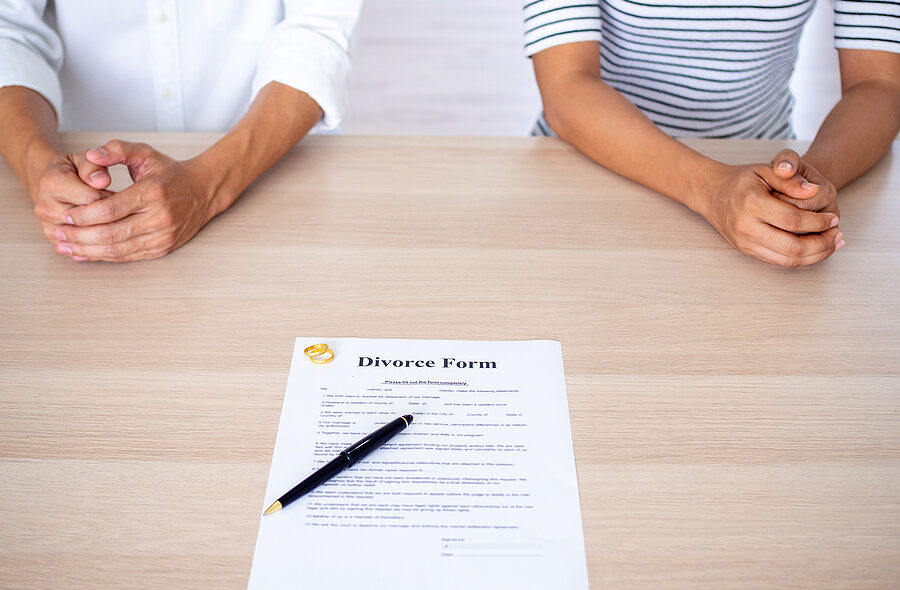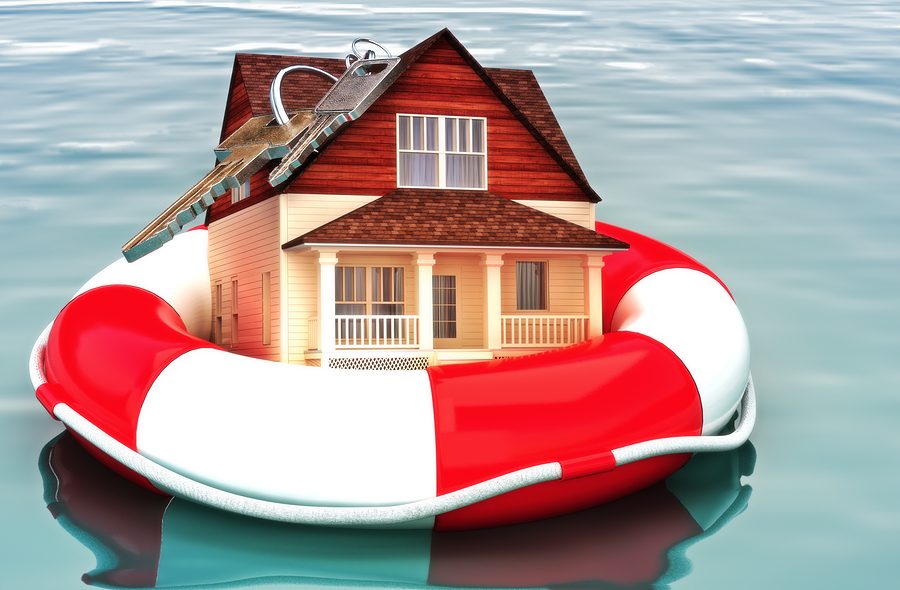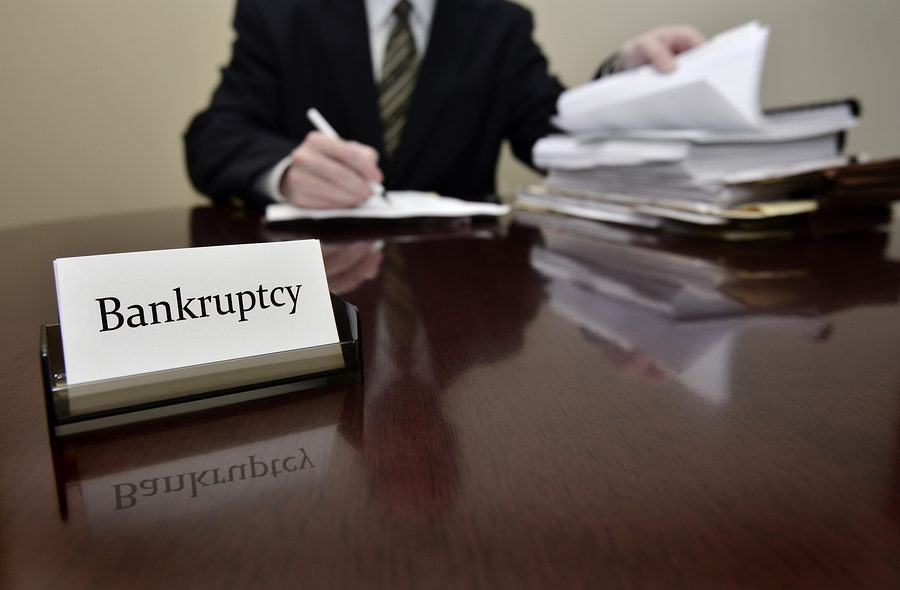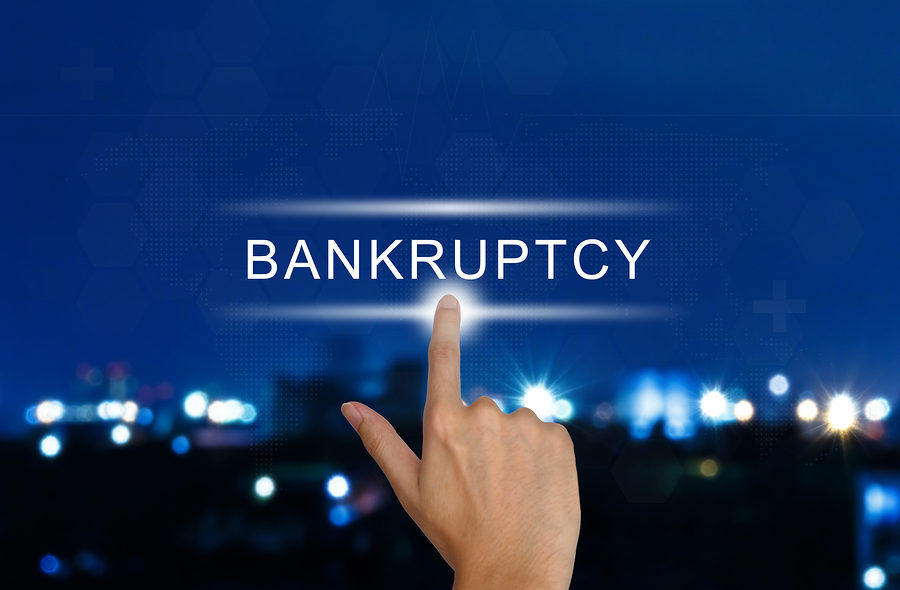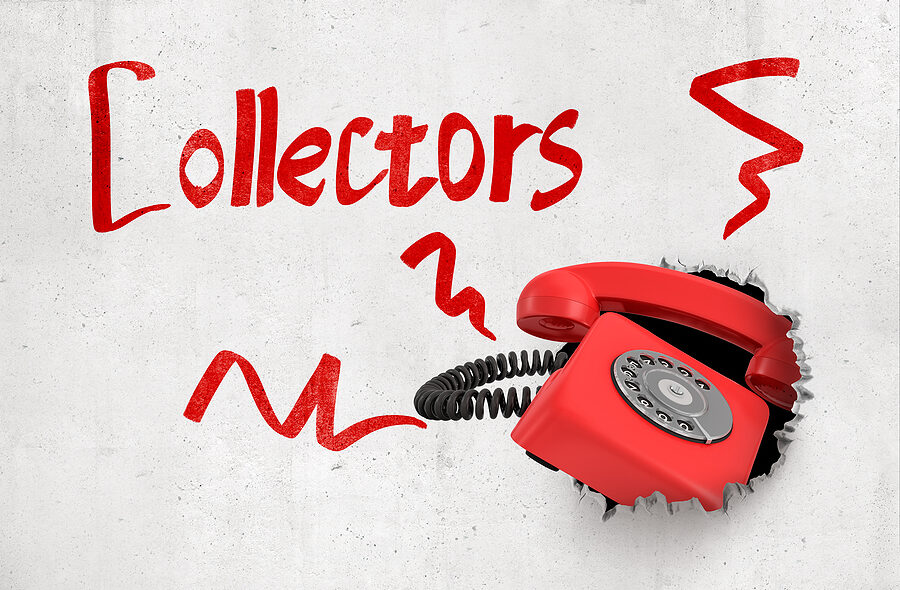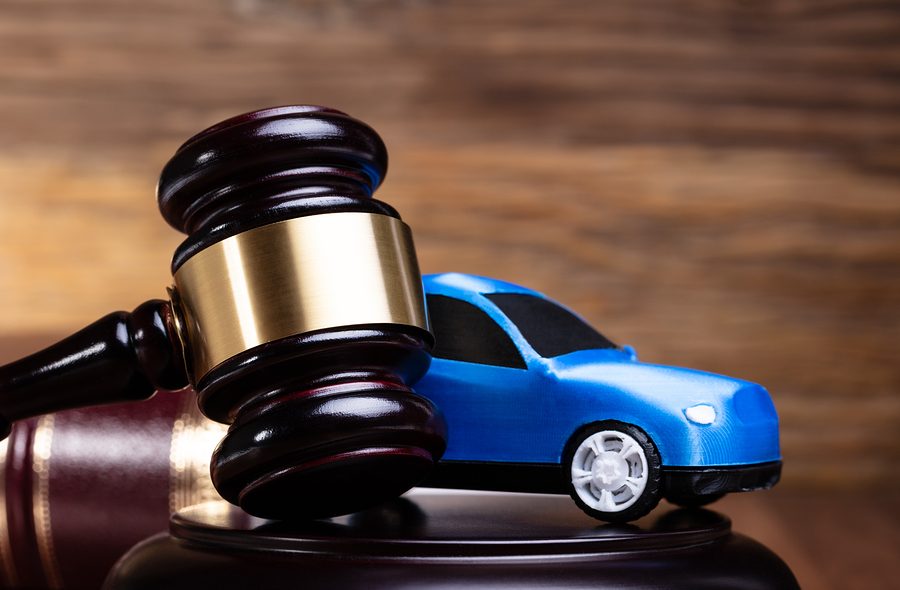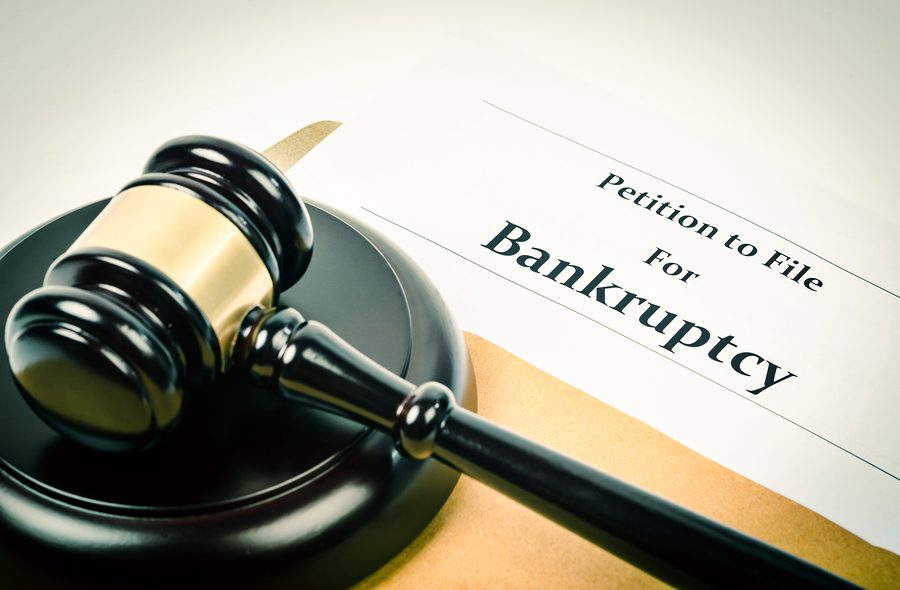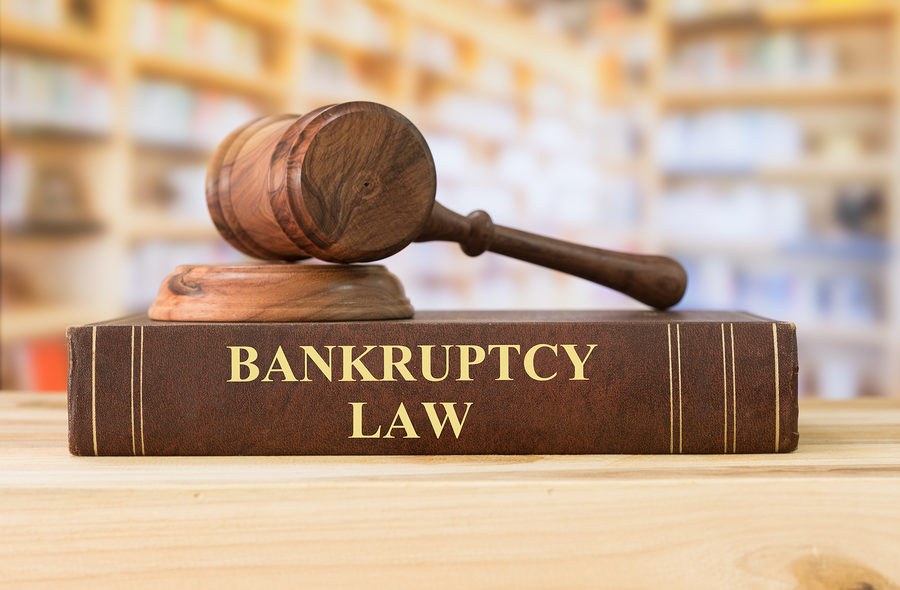Filing for bankruptcy yourself, or without an attorney, is known as filing bankruptcy “pro se”. Representing yourself throughout the bankruptcy process is a risky decision and there are a number of pitfalls associated with the same. Filing for bankruptcy has a complex set of rules, forms, statutes, and judicial decisions.
Some people choose to represent themselves because they think they cannot afford to hire a bankruptcy attorney, or they may think they have a simple case. Whatever the reasoning, it is not a wise decision. Even the simplest bankruptcy case could soon become complicated, resulting in the filer’s case being dismissed or thrown out. Often it is worth the extra cost to hire a professional to assist the consumer in filing for a Chapter 7 or Chapter 13 consumer bankruptcy as it saves a lot of hassle in the long run.

